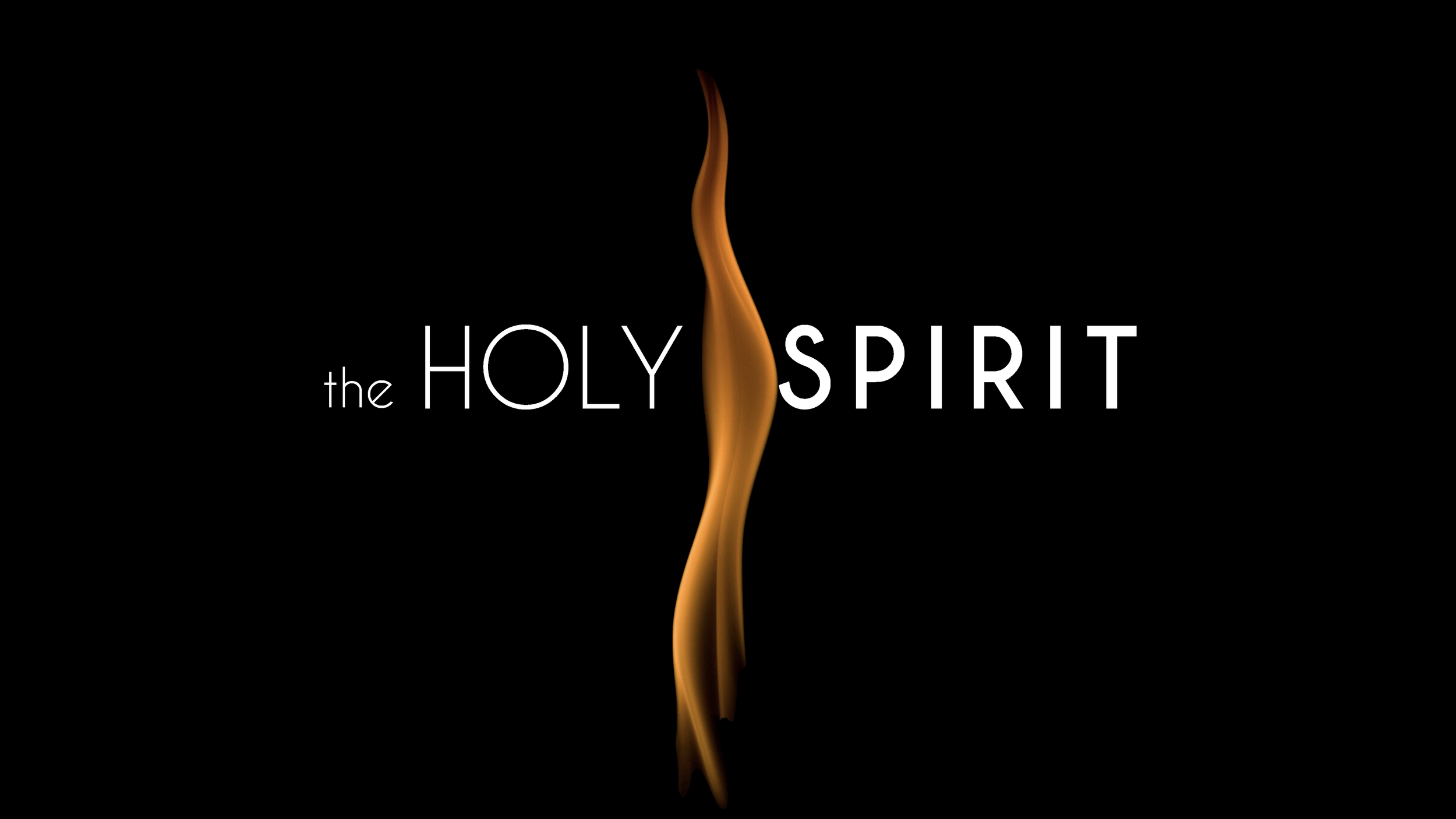I know there have been moments when you were “fed up”. You were angry with a boss, a co-worker, a friend or a relative. Maybe you showed anger on the outside but really you were hurt or experienced a heart-break or you were just anxious about something you couldn’t control.
David shows us how to deal with anger. He writes about how he feels in Psalms 109. It’s an angry Psalm. Those kinds of Psalms are called imprecatory Psalms where one invokes judgement, calamity and curses down upon one’s perceived enemies. We try not to read those because they are very uncomfortable.
Many scholars believe this Psalm is written due to a story that unfolds for David in 1 Samuel 25 (make sure to read the story now, then come back). David has an interaction with a guy named Nabal. Nabal is disrespectful of David and David is going to get his pound of flesh. In David’s prayer in Psalm 109, David lists all the things he wants God to do to Nabal. Understand, David could have done all the things he wanted God to do but David never does them. He allows God to be a part of the story. He trusts God and knows God will act justly.
David’s experience shows us that in moments when we find ourselves upset and angry, we need to ask ourselves some questions.
First, will I react or respond? David clearly reacts in this story. As followers of Jesus, we are called to respond by thinking through how we will interact at this crossroads. When someone hurts you or gives you pain, we tend to react but God’s called us to be slow to anger and respond rather than react.
Second, will I rehearse or reflect? David, in this story, continues to rehearse how badly he’s been treated and is simply ramping up his emotional state of anger. If we aren’t fixing our eyes on Jesus, we can do the same thing. So many times our anger comes from the hurt and pain other’s have caused us. We can get locked into the replaying of the story over and over until we are sick. Jesus calls us to give him the burden and he’ll give us peace and rest (Matthew 11).
Finally, will I rage or release? I don’t mean you’re going to forget what other’s did to you…that you won’t remember but you’re going to release it to God and let him deal with it. Again, David could have taken care of business but he allowed God to enter the story, gave God his burden, and God took care of it.
At the front end of Psalm 109, David is livid. But by the end, he is worshiping. It’s all because he surrenders his emotions to God. He releases his anxiety, frustration, pain and hurt to God. In so doing, he gains peace and moves through that crossroad to a much healthier and better place. May you experience release in your story. May you allow God to walk with you. May you allow Jesus to bear your burden. Blessings on the journey.
